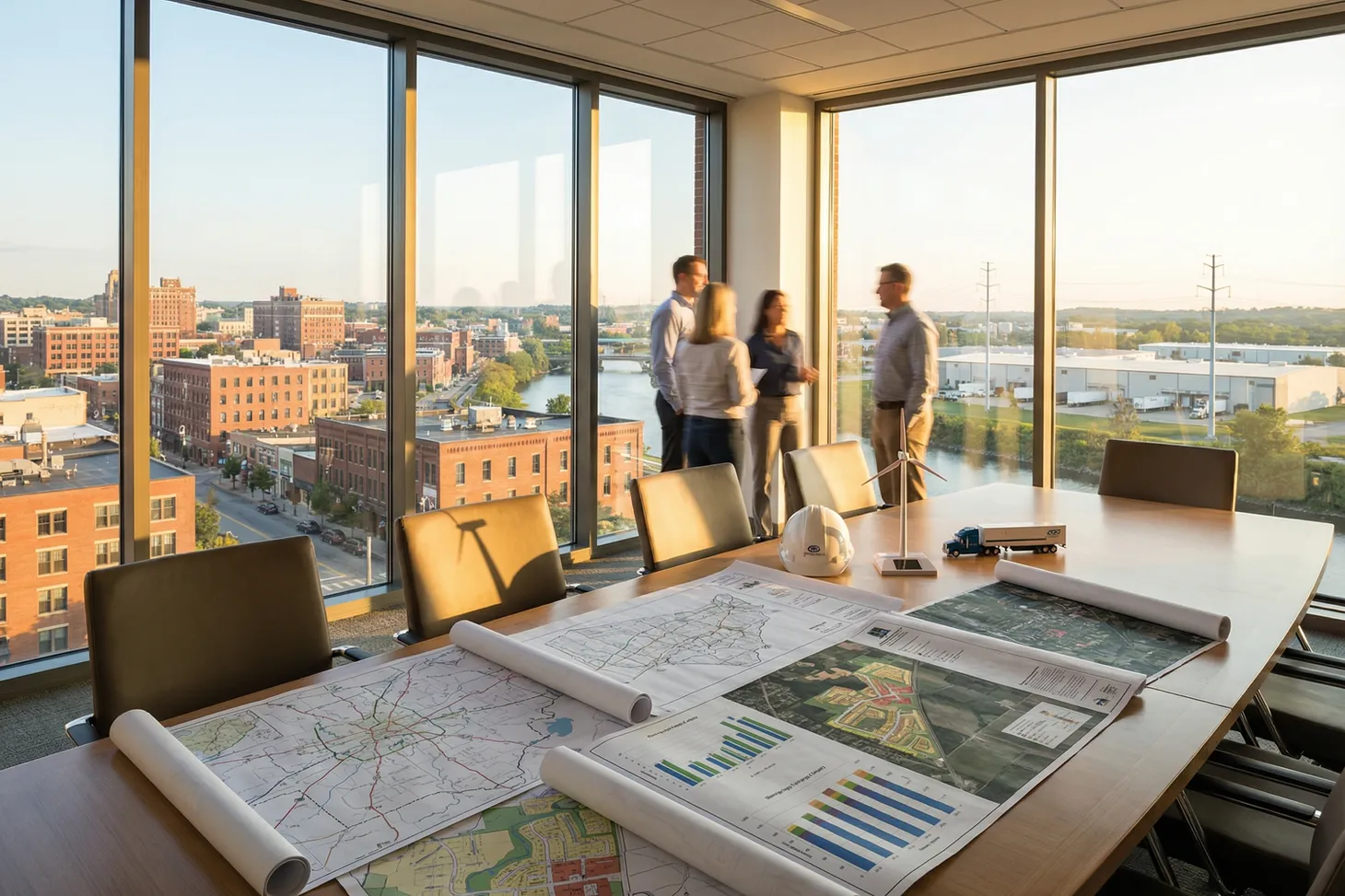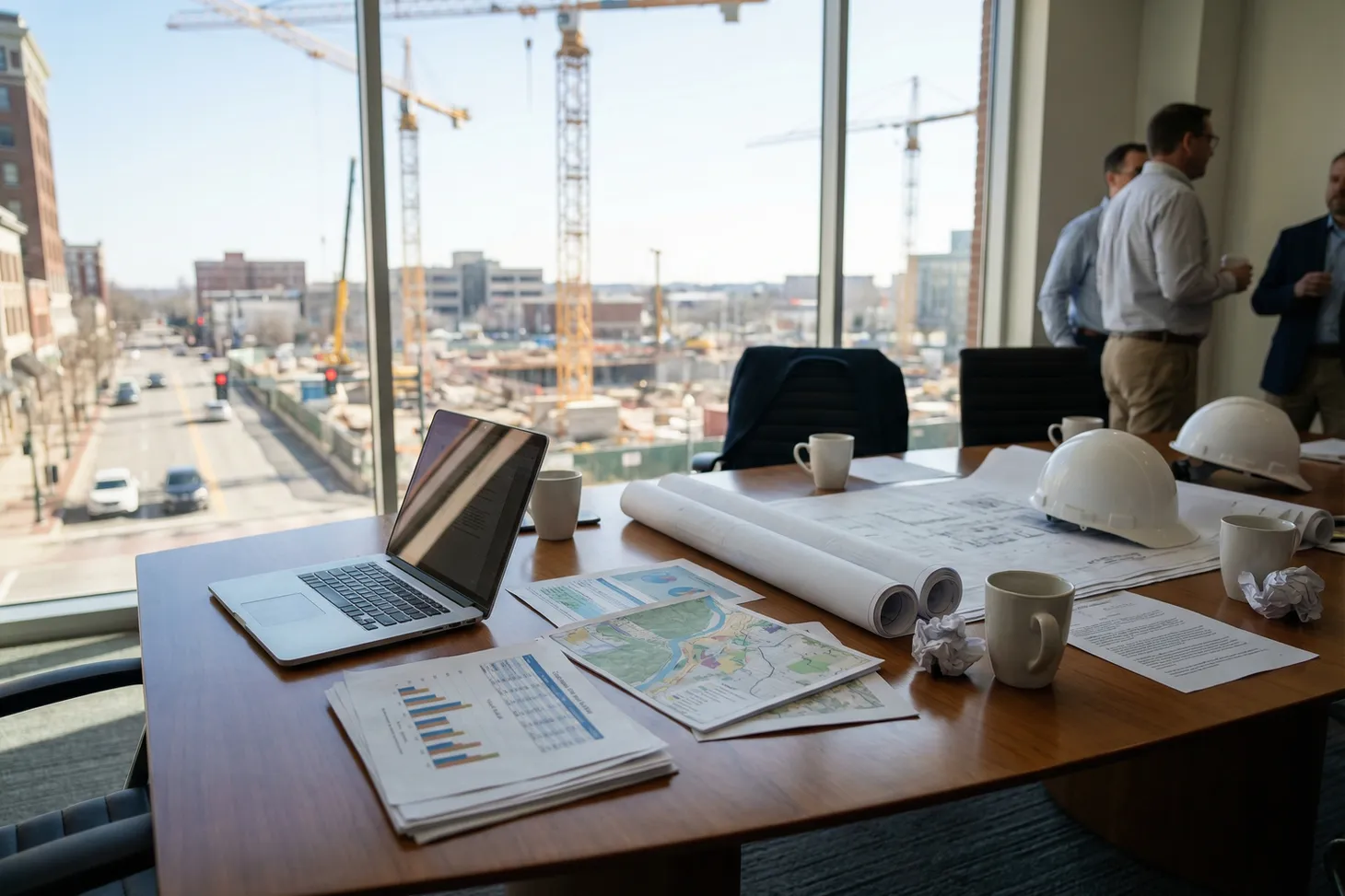Assorted Links Tuesday
Vaccine mandates, apartments, automation and the young worker, CO2 capture, the housing theory of everything, and more.

Table of Contents
In defense of the “gentrification building”: The new multifamily buildings in your neighborhood actually slow displacement.
Here's who loves Biden's vaccine mandate: President Joe Biden gave a gift to every major company in America by forcing them to mandate vaccines or stringently test their employees for Covid. Their reaction to the new rule: glee.
Apartments built on an assembly line: The pandemic put a general crimp in housing construction, but made a California factory that churns out prefabricated housing extra busy.
Automation and the future of young workers - Evidence from telephone operation in the early 20th century:
Telephone operation, one of the most common jobs for young American women in the early 1900s, provided hundreds of thousands of female workers a pathway into the labor force. Between 1920 and 1940, AT&T adopted mechanical switching technology in more than half of the U.S. telephone network, replacing manual operation. Although automation eliminated most of these jobs, it did not affect future cohorts’ overall employment: the decline in demand for operators was counteracted by growth in both middle-skill jobs like secretarial work and lower-wage service jobs, which absorbed future generations. Using a new genealogy-based census linking method, we show that incumbent telephone operators were most impacted by automation, and a decade later were more likely to be in lower-paying occupations or have left the labor force entirely.
The world’s biggest plant to capture CO2 from the air just opened in Iceland: The Orca, an installation built by Climeworks, will capture 4,000 metric tons of carbon dioxide per year — and serve as a blueprint for similar technology.
The housing theory of everything:
Try listing every problem the Western world has at the moment. Along with Covid, you might include slow growth, climate change, poor health, financial instability, economic inequality, and falling fertility. These longer-term trends contribute to a sense of malaise that many of us feel about our societies. They may seem loosely related, but there is one big thing that makes them all worse. That thing is a shortage of housing: too few homes being built where people want to live. And if we fix those shortages, we will help to solve many of the other, seemingly unrelated problems that we face as well.
Econ Dev Show Newsletter
Join the newsletter to receive the latest updates in your inbox.


